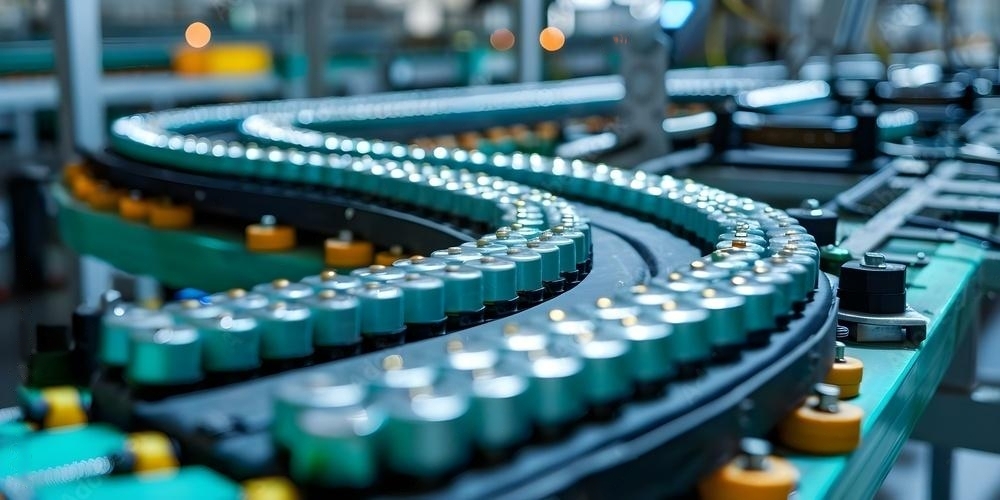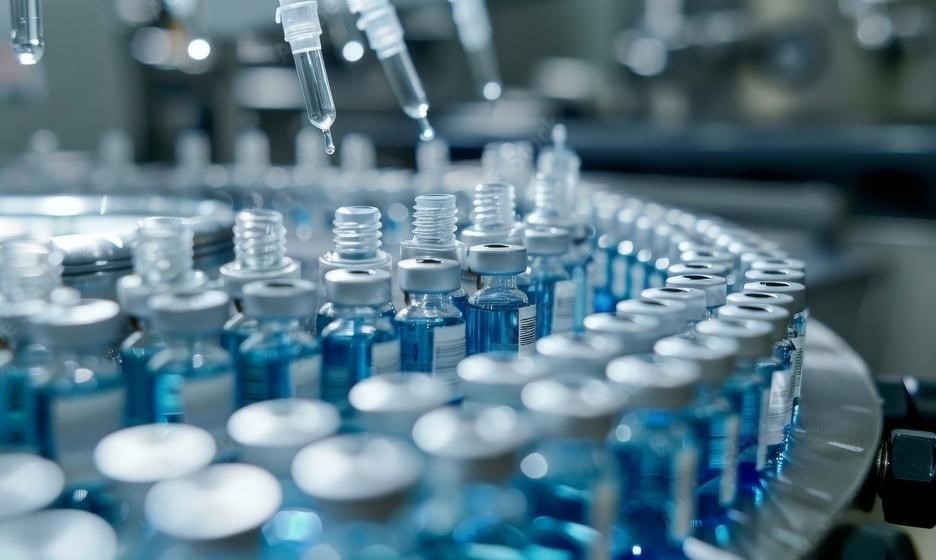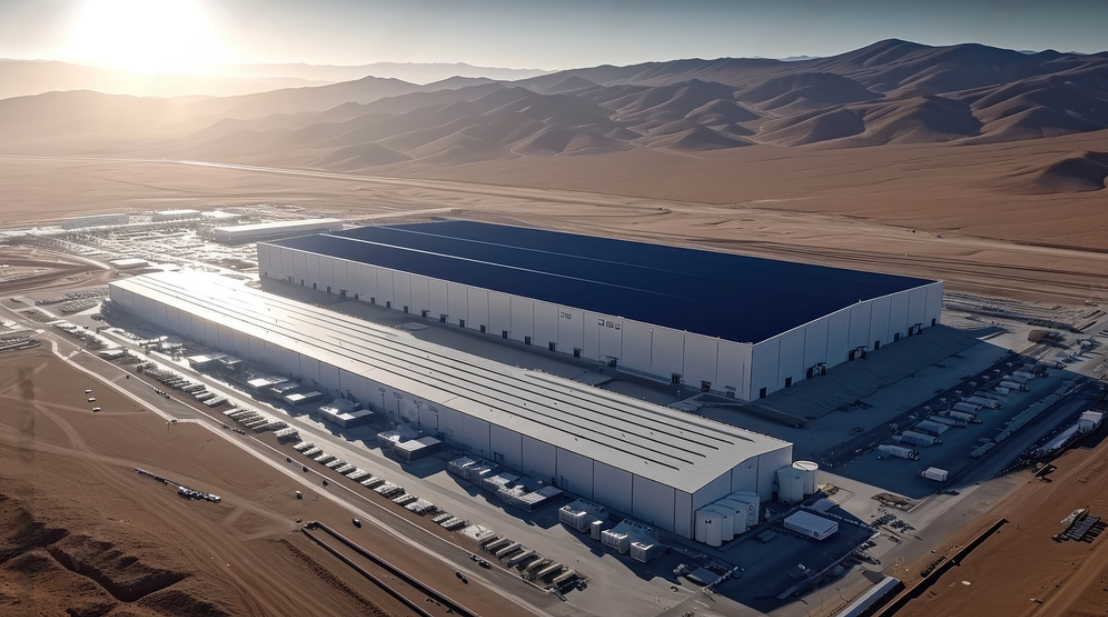This website uses cookies so that we can provide you with the best user experience possible. Cookie information is stored in your browser and performs functions such as recognising you when you return to our website and helping our team to understand which sections of the website you find most interesting and useful.
Under the extensive tariff pressure from U.S. President Donald Trump, Taiwan’s TSMC, which dominates the foundry market, is preparing a ‘Trump-customized’ response strategy. In addition to holding its board meeting for the first time in the U.S., it is reported that TSMC is also considering the establishment of additional factories in the U.S. to avoid becoming a target of semiconductor tariffs.
According to the industry on the 3rd, TSMC will hold its board meeting in the U.S. for the first time ever on the 12th. This is to emphasize that TSMC’s Arizona semiconductor factory plays a key role in the U.S. semiconductor manufacturing ecosystem, aligning with Trump’s ‘Made in America’ policy. Following the local meeting, it is speculated that the board members will be allowed to directly inspect the operation status of the Arizona fab.
The Arizona fab is TSMC’s first advanced process manufacturing facility built overseas and is expected to begin mass production of 4-nanometer (1 nanometer is one billionth of a meter) wafers starting from the first quarter of this year. Currently, Apple and Nvidia are the largest customers of this factory. TSMC plans to produce 30,000 wafers monthly at its first fab this year, and is set to begin construction of two additional fabs with advanced processes below 3 nanometers, one this year and another next year.
In the industry, there have been ongoing negative forecasts that TSMC could fall victim to the U.S. prioritization policy. President Trump has repeatedly expressed his intention to impose high tariffs on semiconductors imported from TSMC to protect the domestic semiconductor industry. He is conceptualizing a strategy to raise tariffs to compensate for lowering the corporate tax rate from 21% to 16%.
During a speech at the Republican House policy meeting held on the 27th of January, President Trump exaggerated that ‘Taiwan accounts for about 98% of the semiconductor market,’ stating, ‘We hope they will return to the U.S., but we do not want to provide billions of dollars in support to them like Biden’s program, as they already have billions of dollars.’ He added, ‘What they need is incentives, and those incentives are to avoid taxes of 25%, 50%, or even 100%.’ The Biden administration decided to provide $6.6 billion (approximately 9.68 trillion won) in subsidies and a $5 billion (approximately 7.33 trillion won) loan in exchange for TSMC’s investment of $65 billion (approximately 95.38 trillion won) in building a factory in the U.S.
Trump said he plans to impose tariffs on imported chips, pharmaceuticals and steel in an effort to get the producers to make them in the United States. “Taiwan and the U.S. semiconductor and other technology industries are highly complementary to each other, especially the U.S.-designed, Taiwan-foundry model, which creates a win-win business model for Taiwan and U.S. industries,” Taiwan’s economy ministry said in a statement in response.
The ministry “will continue to pay attention to U.S. policy going forward, and there will be close contact and cooperation between the two sides to ensure that Taiwan’s and U.S.’ industries and national interests can develop in a mutually beneficial way in the face of global challenges”.
As pressure from President Trump intensifies, the possibility is being raised that TSMC may expand its manufacturing plants in the U.S. to more than four or establish additional advanced semiconductor packaging facilities. Currently, wafers produced at TSMC’s Arizona fab must go through the process of being sent to Taiwan for post-processing before returning to the U.S. Accordingly, TSMC is expected to announce plans for post-processing investments while expanding its production capacity in the U.S. Earlier, TSMC Chairman Wei Jeng-Wei noted, ‘We will build overseas production facilities according to customer demand, and if there is high customer demand and government support, we will also consider establishing additional factories.’
However, there are considerable concerns that imposing tariffs on Taiwanese semiconductors, including TSMC, could have counterproductive effects in the U.S. Stephen Ezell, Vice President of Global Innovation Policy at the Information Technology and Innovation Foundation, a Washington think tank, pointed out, ‘If tariffs on Taiwanese semiconductors are raised by 100% while imposing lower tariffs on semiconductors from other countries, Taiwanese corporations will shift their production bases to regions other than the U.S. This will hinder U.S. investment attraction by Taiwanese semiconductor companies, increase consumer expenses in the U.S., weaken the competitiveness of domestic technology corporations, and could potentially spark global trade disputes.’
To find out more about the latest construction industry updates and innovations, meet with solution providers and hear talks from expert speakers, attend the Innovatrix Constructing Mega Facilities: Advances in Planning, Design and Engineering Summit taking place in Houston, Texas, USA on April 9-10, 2025.
For more information, visit our website or email us at info@innovatrix.eu for the event agenda.
Source:
Share this post:
Recent Posts
May 24, 2025
May 24, 2025
May 24, 2025
Most Popular
Explore our best-read blogs and find out why your
industry trusts Innovatrix
Guide to European Battery Manufacturing Regulations
The European Union (EU) published the EU New Battery Regulation...
Continue readingWhat are the best practices for aseptic fill-finish according to...
Aseptic fill-finish is a critical process in the biopharmaceutical industry,...
Continue readingUSA Battery Gigafactory Updates for 2024
According to a report on reindustrialisation strategies in Europe and...
Continue reading





